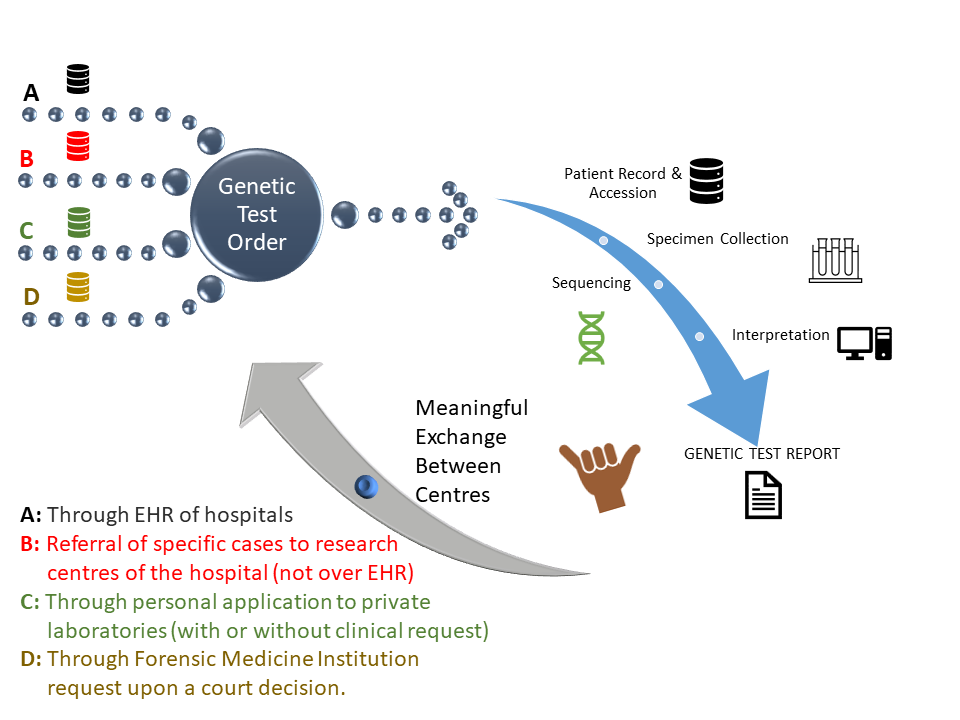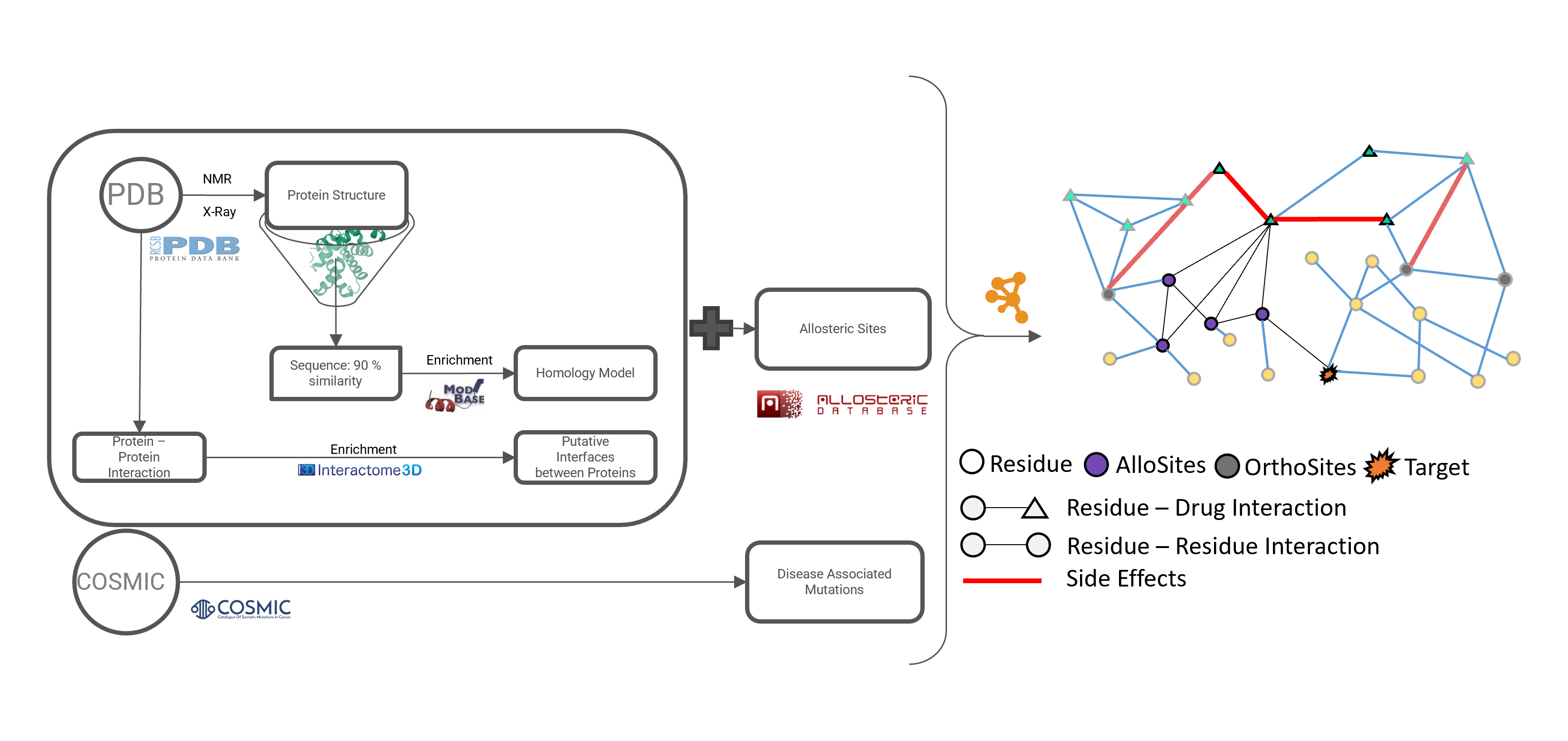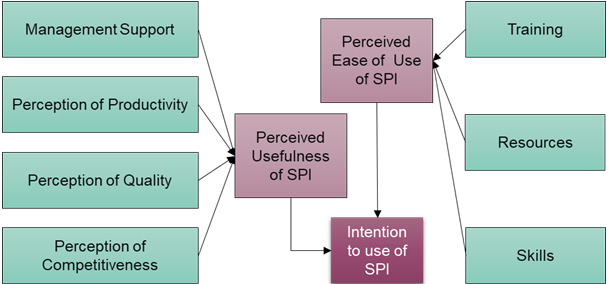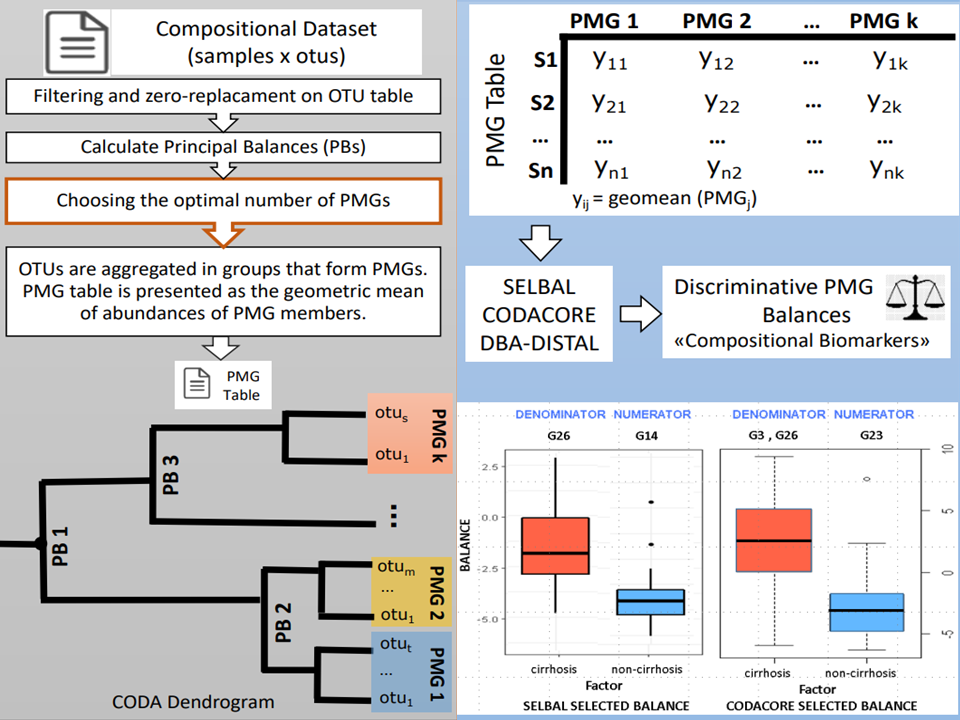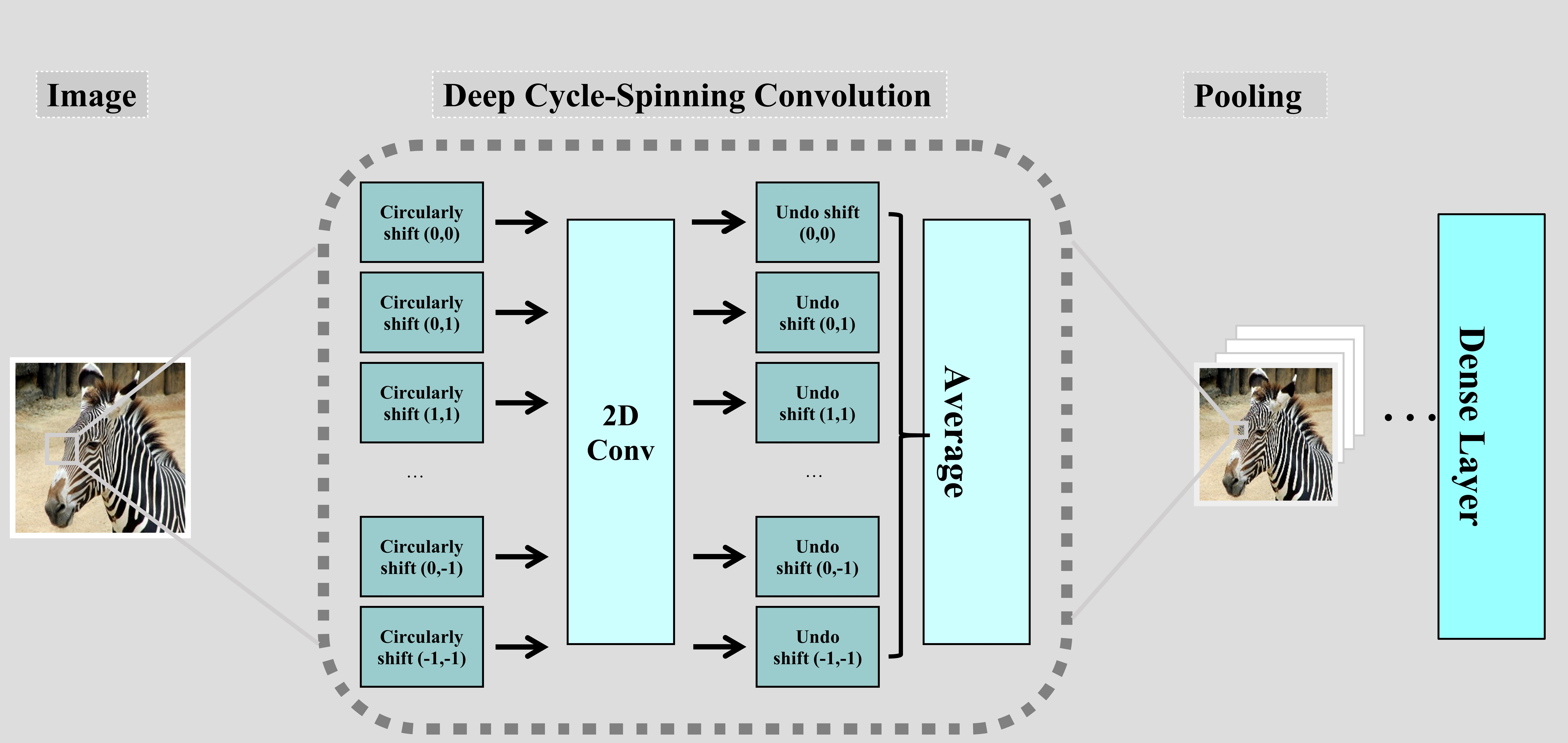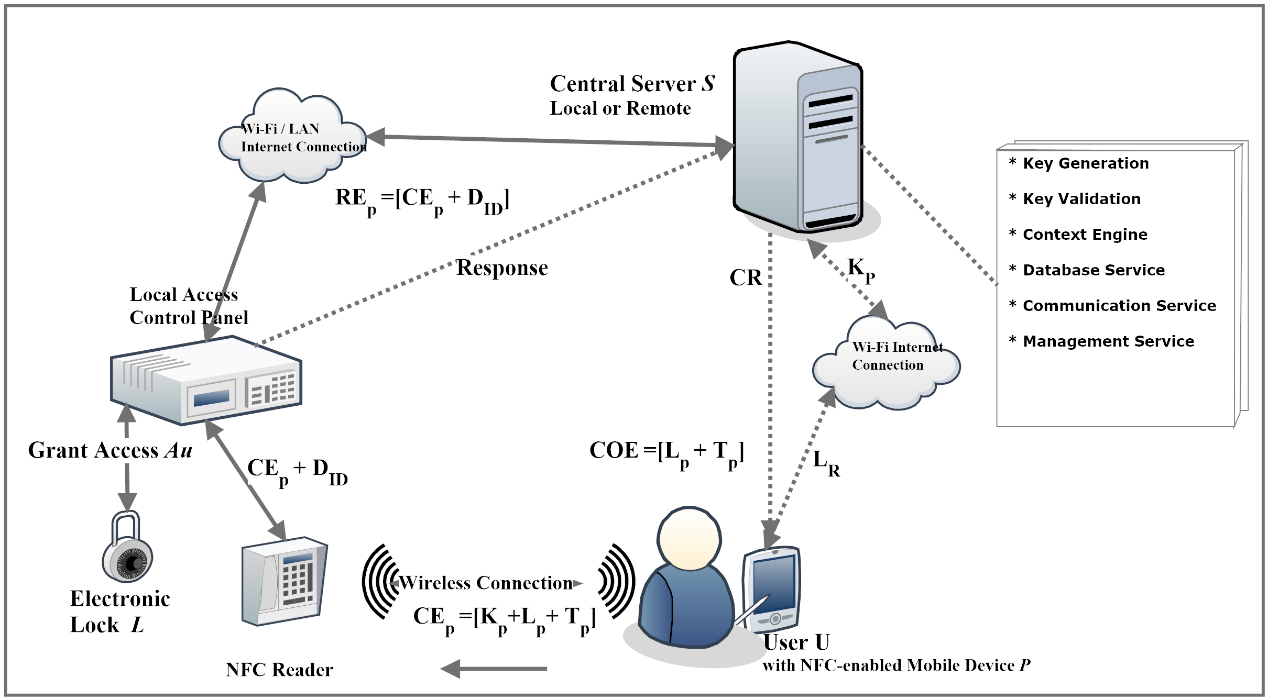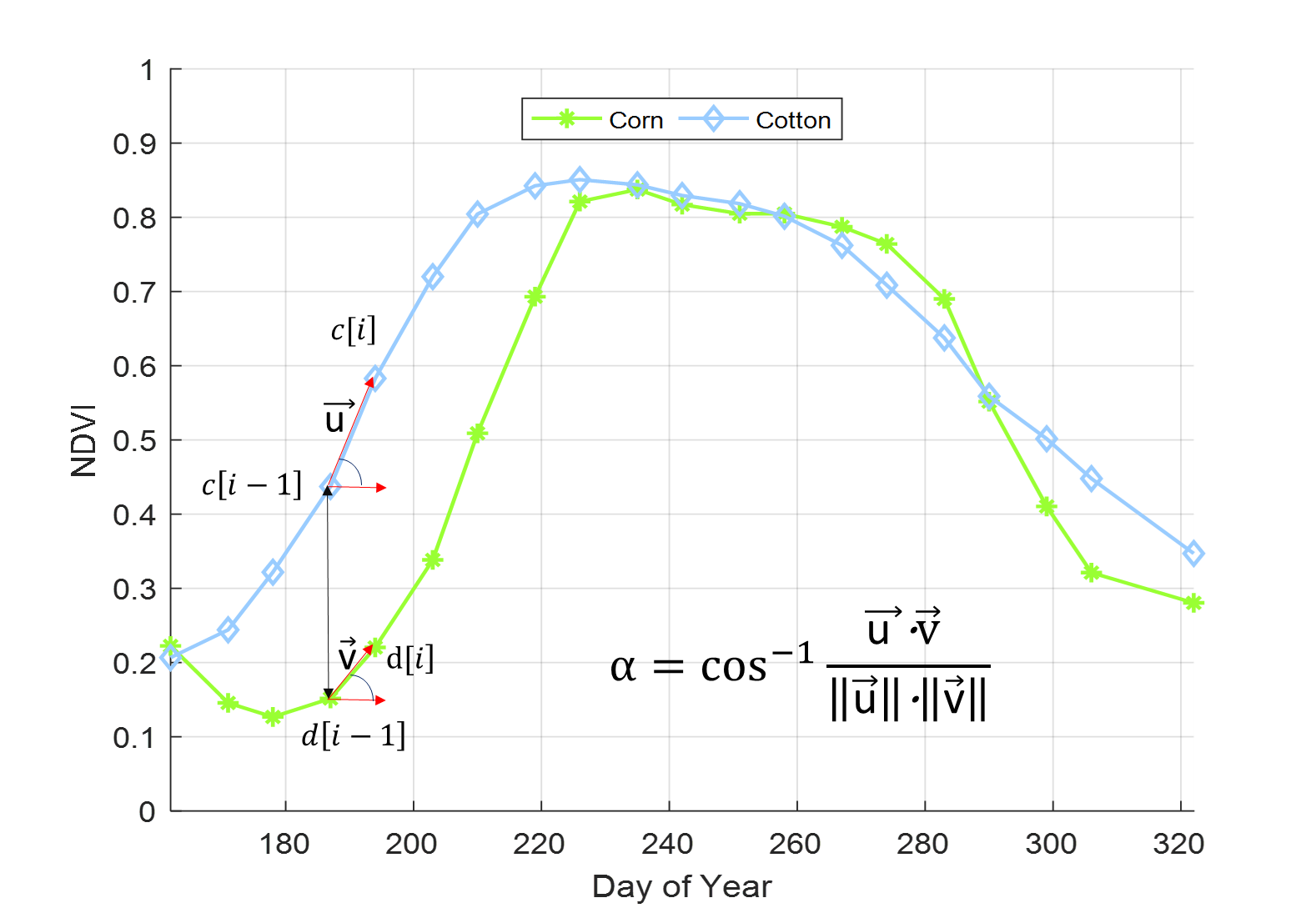Ayhan Serkan Şık, A Conceptual Design for Genetic Information Exchange Coding Standards in Türkiye
In Türkiye, Social Security Institution is the primary healthcare insurer. Turkish citizens are registered under General Medicare Insurance coverage. In 2003, Ministry of Health (MoH) has initiated the “Health Transformation Program”, and implemented the interoperable health data exchange standards. The MoH is focusing on collecting medical data in a coded, structured, and electronic format, generated at all healthcare providers. Contrarily, genetic test results are exchanged in narrative, unstructured form among governmental and private health care providers. In this dissertation, we lay out the bottlenecks and put forward a conceptual model for meaningful genomic data exchange for Turkish Electronic Health Records.
Date: 18.01.2023 / 15:00 Place: B-116
